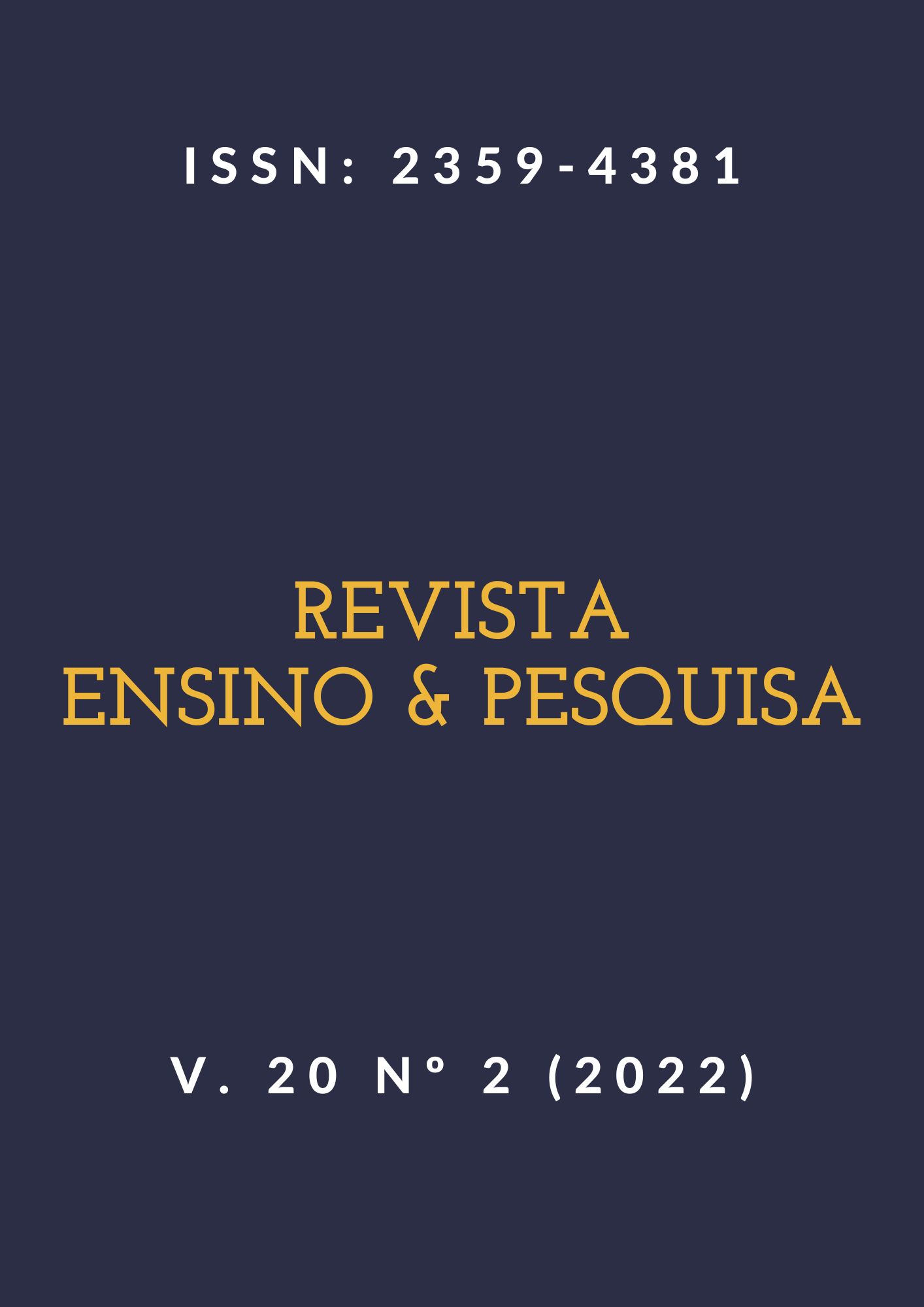Experiências de aprendizagem, contextos de ensino e processos de interação: pistas para a educação pós-pandêmica
DOI:
https://doi.org/10.33871/23594381.2022.20.2.6917Abstract
This study aimed to investigate the perceptions of graduate students about teaching and learning practices in a curricular component taught remotely, with synchronous meetings. Therefore, responses collected through a questionnaire prepared in Google Forms, made available at the end of the classes to the twenty enrolled students, were analyzed. In an approximation with the Discursive Textual Analysis (DTA) methodology, we verify the emergence of three categories of analysis: learning experiences; teaching contexts; and interaction processes. In order to undertake the analyzes and still considering the methodological assumptions of the ATD, we anchor the reflections in three conceptual bases, namely: metacognition, active methodologies and language and interaction. Based on this interface, the analysis of these data showed that a) even in a digital context, students experienced self-monitored learning contexts; b) methodological proposals for teaching in a virtualized context are more effective if they are based on the assumption of active learning; and c) synchronous interaction is essential to strengthen teaching and learning processes, since group discussions and activities offer other perspectives and experiences. These insights can contribute to enrich the debates on the virtualization of classes in a post-pandemic context.

